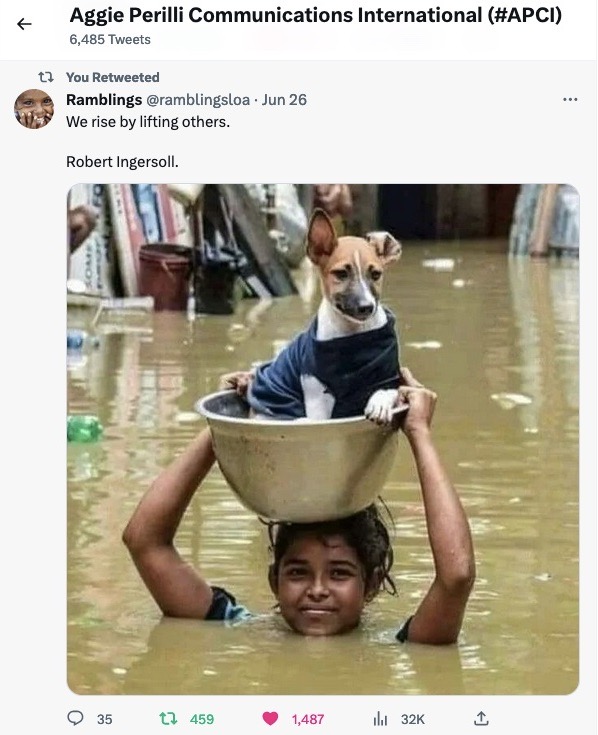
by Aggie Perilli
At a recent gathering of women professionals, an associate asked me to address why communication is especially vital in a crisis, when some might be tempted to turn a blind eye in the hope that no one will notice.
I remembered Johnson & Johnson‘s 1982 recall of Extra-Strength Tylenol after seven people died from ingesting capsules criminally tainted with cyanide.
Following this unthinkable crime, Tylenol’s 37 percent of the $1.2 billion analgesic market dropped to a low 7 percent and marketers predicted the brand would never recover.
Johnson & Johnson created tamper-resistant caplets and triple-seal packaging and invested in vigilant public relations.
Honesty and customer loyalty helped restore Johnson & Johnson’s market share within the year.
How to Eliminate Today’s Public Trust Deficit
Around the world, decision makers who value profits over health and safety have provoked this year’s groundswell of boycotts and protests.
Consistent honesty and loyalty toward employees and customers would eliminate today’s trust deficit across government and industry.
Communication is an axis on which our world turns.
Covering up a crisis or threat at the risk of health and well-being is criminal and inevitably backfires.
Nothing moves swifter than rumor, said Horace.
With hundreds of millions of tweets posted daily, the public might hear about your crisis from a competitor or a relative justifiably panicked or outraged.
Wrote Henry Wadsworth Longfellow, “It takes less time to do a thing right, than it does to explain why you did it wrong.”
Develop a crisis communication plan tailored to your organization and industry. Be proactive and:
- assign a communications team with essential roles and responsibilities;
- plan for foreseeable contingencies; and
- train spokespeople to keep everyone involved informed.
Don’t wait for a crisis to open the lines of communication. Frequent open and honest communications and equitably inclusive partnerships build confidence as you:
- identify the roots of the crisis;
- empathize with all affected and apologize, if warranted;
- hold people accountable, if applicable; and
- adopt universally applied boundaries and safeguards to prevent the crisis from happening again.
How an organization responds to a crisis is a reflection of its character and reliability. Organizations that survive and thrive long-term consistently and enthusiastically earn the public’s trust.
How are your empathetic and unifying communications and transformative campaigns building a trust surplus with your employees and customers?
Aggie Perilli is president of Aggie Perilli Communications International (APCI).
Note: If you find this post helpful, you can subscribe to this APCI blog here at no charge! Thank you for sharing your trust-building insights here on Facebook and Twitter.


